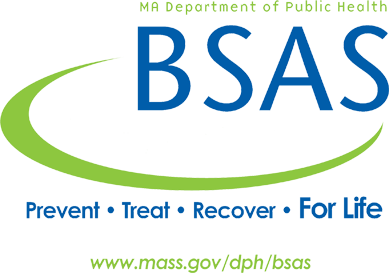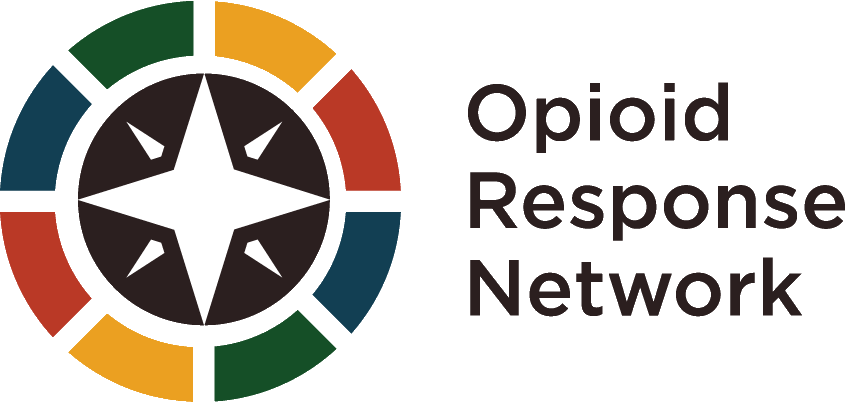Science Daily’s article recaps the discovery of a new reward pathway, studied by Bruchas Lab at the University of Washington School of Medicine. Understanding the complex neuroscience behind psychiatric diseases requires further exploration of reward circuitry. The research explores beyond the mesolimbic dopamine system and evaluates the intricate mechanics of reward and reinforcement.
To read the Science Daily article click here.
To read the Nature Neuroscience journal publication click here.





